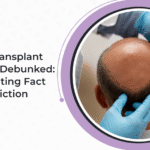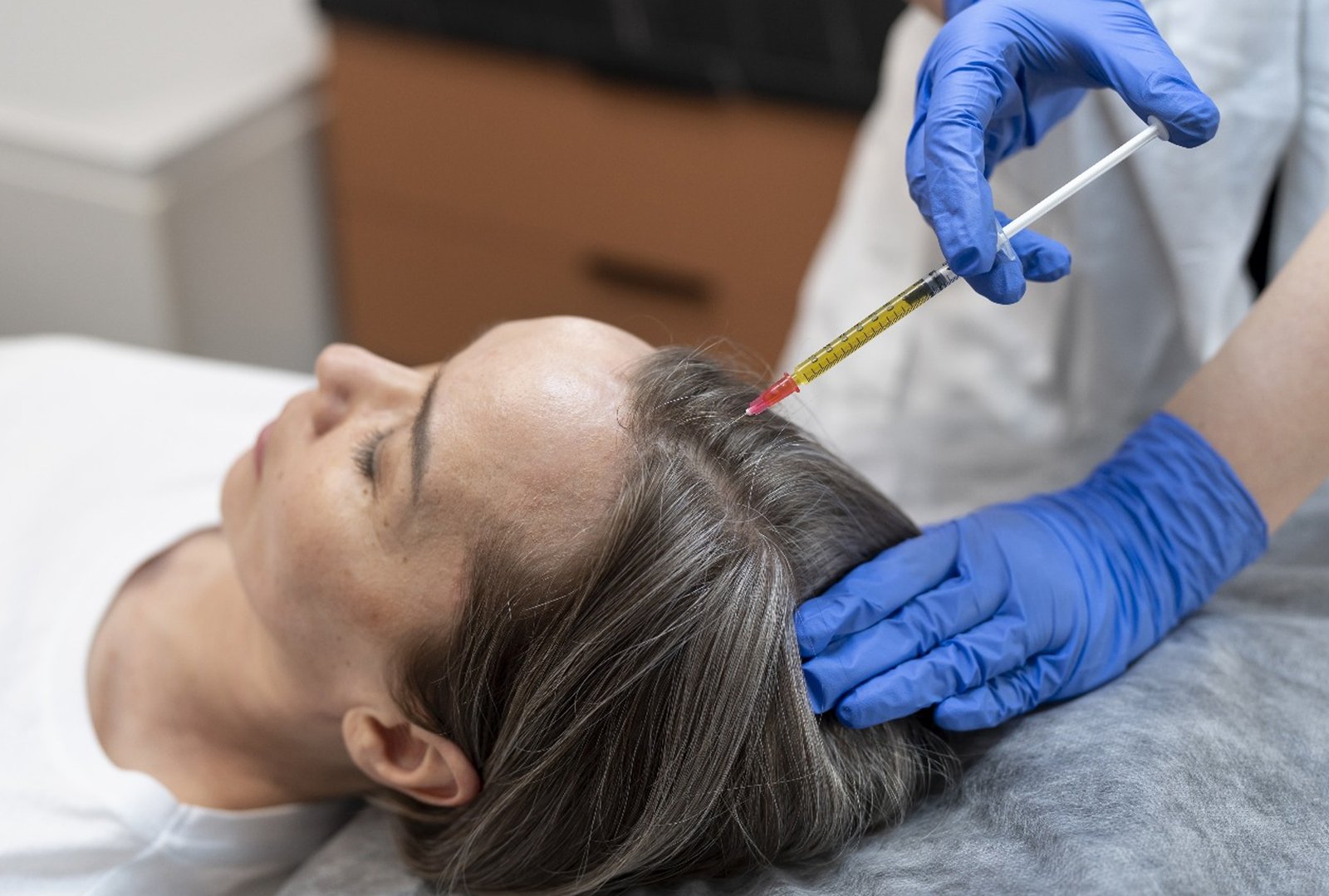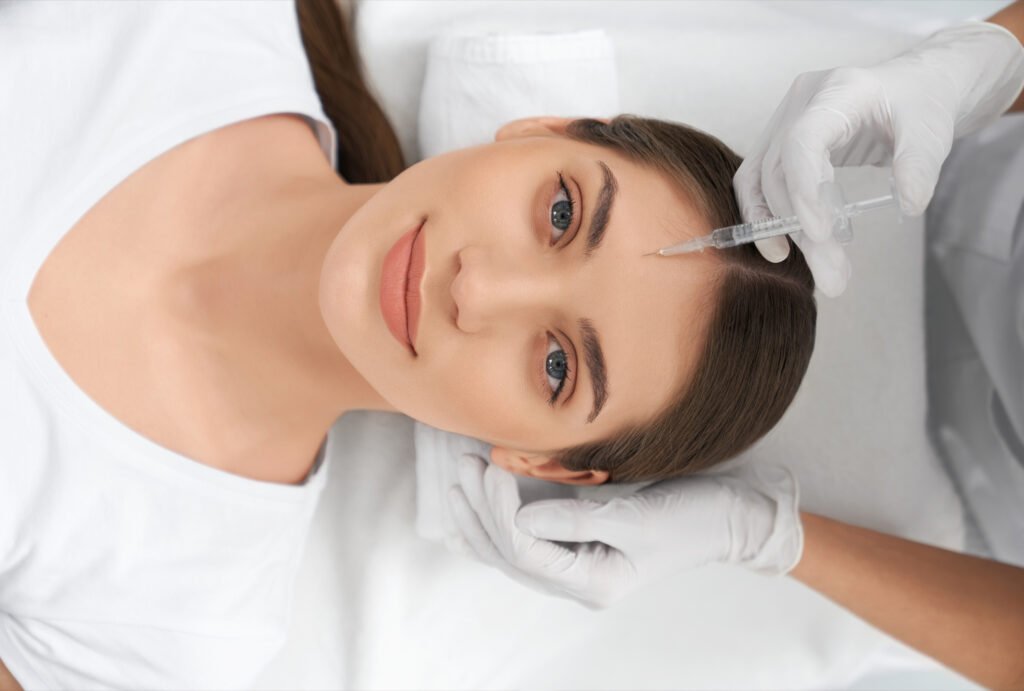Struggling with hair fall? Experts share how gut and mental health play a bigger role than you think
Hair loss is often seen as a surface-level issue, blamed on genetics, shampoos, or styling tools. But the truth runs deeper. At Varsity Skin and Wellness Clinic, we help our patients understand that hair fall is not just a cosmetic problem—it’s a signal from your body. From gut health to chronic stress and poor sleep patterns, several internal factors can significantly influence your hair growth cycle. Hair fall is one of the most common concerns we treat at Varsity Skin and Wellness Clinic, Malviya Nagar, Delhi. People often try to address it with oils, shampoos, or salon treatments, but forget that the root cause may lie in your gut or your mind. According to Dr. Medha Kapoor, PhD, Chief Nutritionist & Wellness Consultant at Varsity Clinic, hair loss is closely connected to gut health, nutrient absorption, and chronic stress. Without addressing these internal systems, no topical product will bring lasting results.
Your gut microbiome plays a central role in your immunity, hormonal balance, metabolism—and yes, even your hair health. An unhealthy gut can lead to chronic inflammation that disrupts the hair growth cycle and contributes to autoimmune hair loss conditions like alopecia areata. Poor gut function also affects nutrient absorption. Hair needs biotin, iron, Vitamin D, zinc, and other micronutrients. If your gut isn’t absorbing these properly due to leaky gut or microbial imbalance, hair follicles can’t thrive. Overgrowth of harmful microbes like Candida can also interfere with follicle function and nutrient uptake. Moreover, the gut helps regulate hormones such as DHT (linked to hair thinning) and cortisol (the stress hormone). High cortisol levels can lead to excessive shedding and thinning of hair.
To improve gut health and support better hair growth, Dr. Medha Kapoor recommends reducing alcohol, sugar, and processed food intake, incorporating more fiber and probiotics, and consuming gut-friendly foods like garlic, banana, onion, and fermented foods including dosa, idli, and dhokla. Chronic stress is another major contributor to hair loss—especially among younger individuals. Stress disrupts the gut-brain axis, increases cortisol, and interferes with the reactivation of hair follicle stem cells. Without this reactivation, hair stops growing back.
Sleep deprivation adds another layer to the problem. Poor sleep spikes cortisol and leads to poor dietary choices, which in turn causes deficiencies in nutrients like iron, biotin, and Vitamin D—essential for hair growth. Constant online engagement and comparison, especially among Gen Z, also trigger dopamine crashes and long-term anxiety, further exacerbating hair loss.
Addressing mental health and sleep quality is essential for treating hair fall. At Varsity Skin and Wellness Clinic, we recommend setting digital boundaries before bed, practicing mindfulness techniques like yoga or journaling, and maintaining a diet rich in protein, iron, zinc, and Vitamin D.
At Varsity Skin and Wellness Clinic, our approach to hair loss treatment in Delhi is comprehensive and evidence-based. We combine dermatology with nutrition, stress and sleep management, and targeted therapies like PRP, MNRF, and gut reset protocols. Whether your hair loss is hormonal, stress-related, or due to poor gut health, our team provides personalized care that treats the root cause—not just the symptom.
Hair fall is just the visible part of a much deeper issue. To stop it and support healthy regrowth, it’s important to address what’s happening inside the body—especially in the gut, mind, and sleep cycle. With expert guidance from Dr. Medha Kapoor and the Varsity team, patients can achieve real, lasting results through a holistic hair recovery journey.











